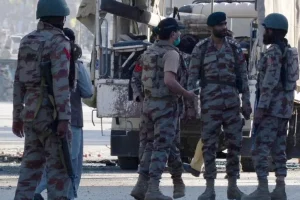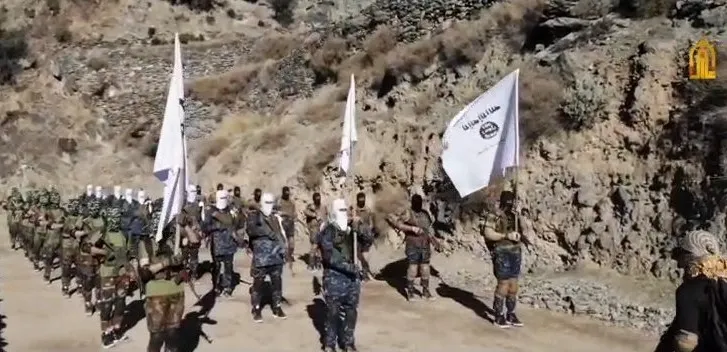Afghanistan plans to import 100 megawatts of electricity from Iran in an effort to ward off a looming electricity crisis, partly due to non-payment of dues to Afghanistan's main electricity importers.
The Afghan electricity agency, Da Afghanistan Breshna Sherkat (DABS), announced the deal with Iran which will help provide power to Herat, Farah and Nimroz provinces on the western border.
Afghanistan has been procuring power from its northern neighbours like Turkmenistan, Tajikistan and Uzbekistan all of who collectively provide upto 80 per cent of Afghanistan's needs. Once the Taliban took over the country on August 15, it also took control of the State power utility agency but has not paid its power providers.
Just last month, The Wall Street Journal had reported that Kabul was facing major power cuts. The former CEO of DABS, who left during the Taliban takeover, said the country owed nearly $90 million debit to Uzbekistan, Tajikistan and Turkmenistan.
The Afghan capital faced multiple power outages across Kabul in mid-October after Uzbekistan reportedly stopped power supply due to 'technical problems'.
The Taliban government also has not been able to collect the power bills from customers as it has not been able to set up a system in place.
Iran's decision follows a growing consensus among regional powers to provide humnitarian assistance to Taliban, especially at a time when a harsh winter is approaching and food security is becoming a problem. India, on its part wants to supply 50,000 metric tonnes of wheat to Afghanistan, transported through the Wagah-Attari border.
At the regional security conference on Afghanistan which concluded earlier this week, the resulting Delhi Declaration that humanitarian assistance to Afghanistan "should be provided in an unimpeded, direct and assured manner to Afghanistan and that the assistance is distributed within the country in a non-discriminatory manner across all sections of the Afghan society".
The Taliban also has not been able to lay its hands on Afghan government funds lying in US banks due to the freeze by Washington. The previous government led by President Ashraf Ghani had saved nearly $10 billion in US banks through Afghanistan's Central Bank.
However, it is the common people who are beginning to face inconvenience due to power outages as well as increase in the prices of wood and coal. With the winter knocking on the door, the demand for power is shooting up already.




















